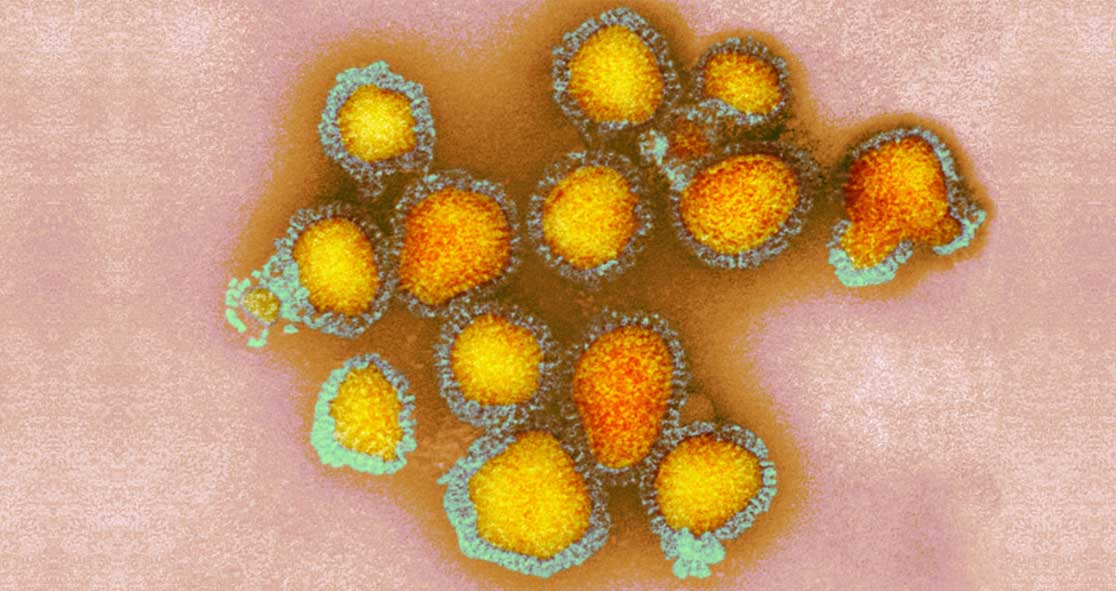A study conducted by the researchers of the Buck Institute and Stanford University has suggested that chronic viral infections can have a profound and long-lasting impact on the immune system similar to the one seen during aging.
The study was published in Proceedings of the National Academy of Sciences.
The researchers used systems immunology and artificial intelligence (AI) to determine and compare immune responses in aging individuals, people with HIV who are on long-term antiretroviral therapy, and people infected with hepatitis C (HCV).
Senior author Dr. David Furman said, “Chronic inflammation stemming from immune system dysfunction is associated with many of the diseases of aging.”
“Whether chronic viral infection contributes to age-associated immune dysfunction is still an open question, but studies of this type provide a way to start getting answers,” he added. “At this point, it’s clear that both aging and chronic viral infections leave profound and indelible marks on immunity.”
“Each of us has our own virome; it’s the collection of the viral infections you have during your lifespan,” Dr. Furman explained. “You probably have been infected by 12 or 15, or even more viruses that you never knew you had.”
“Fortunately technology now exists that allows us to profile these infections in the human population; it is helping us move these types of inquiries forward,” he added.
Dr. Furman said the is the first study to fully incorporate the concept of systems immunology. He also said that it holistically analyzes the immune system using the same technology.
The team showed that in HIV patients, immune system dysregulations were evident even though they were on anti-viral drugs for more than ten years. However, clearance of the HCV virus partially restored cellular sensitivity to interferon-a, which inhibits viral replication,” according to Medical Xpress.
“This plasticity means there is room for intervention in both chronic viral infections and in aging,” Dr. Furman explained. “It’s just a matter of identifying and understanding the molecular pathways and networks involved.”
Dr. Furman further explained that they are in the midst of an ongoing “living” experiment about the COVID-19 pandemic, stating that future studies are required to understand whether the functional imprinting of the immune system is linked to chronic infections or acute infection such as COVID-19.
“Has the immune system of those infected with the coronavirus taken a big hit? That’s a theory, but we don’t know what will happen,” Dr. Furman said. The story was published Monday on Medical Xpress.























